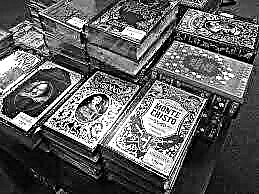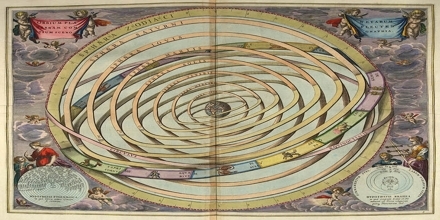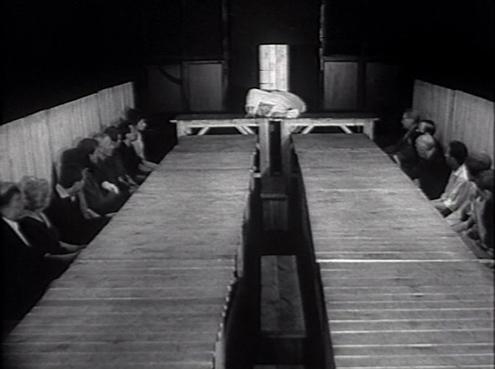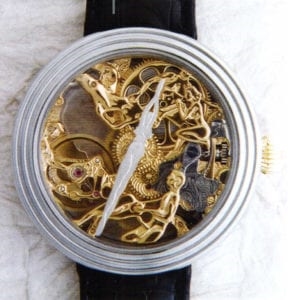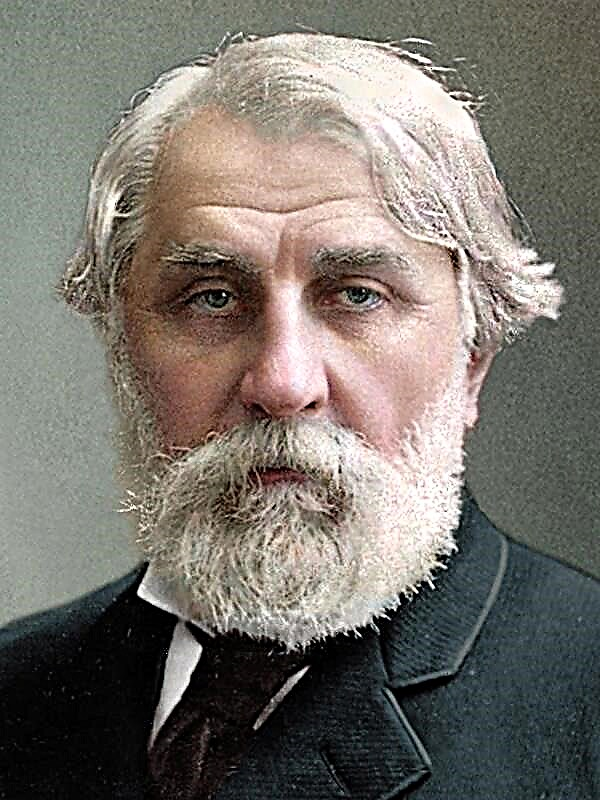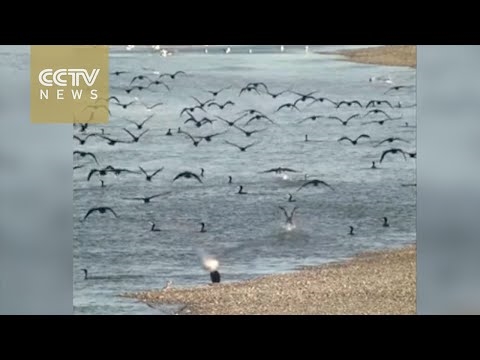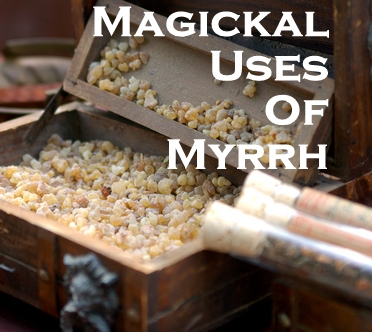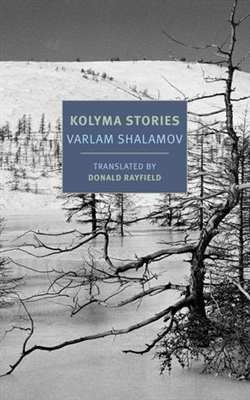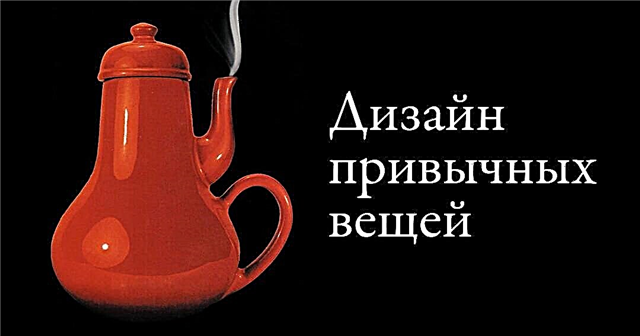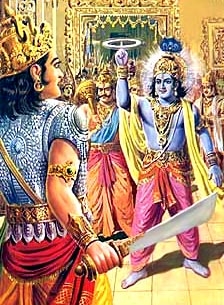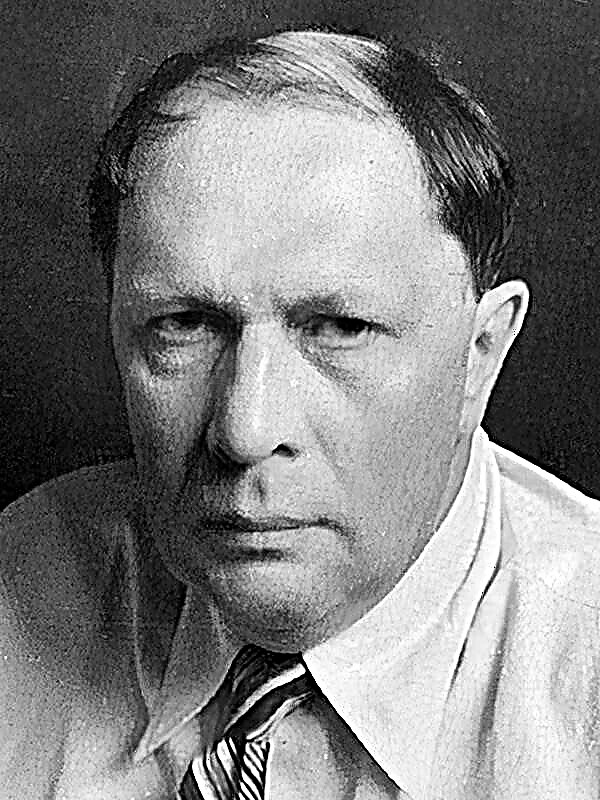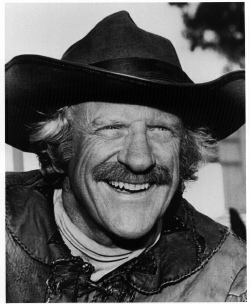Twenties. On the outskirts of Madrid, which is adjacent to several city cemeteries, live Manuel Alcázar with his widowed sister Ignacia and Salvador, who lives with them, with her young brother Enrique. Manuel works as a typesetter in a printing house, El Salvador works in the workshop of ready-made children's dresses in the morning, and in the evening gives handicraft lessons, Ignasia runs the household and cooks. On the ground floor of the house is the barber of the hunchback Rebolledo and his son’s workshop, electrical engineer Periko. The neighbors are friends and often get together to play cards. Usually they are joined by a friend of Rebolledo's father, old Kanuto, a former veterinarian and misanthrope. The life of these two families, both in winter and in summer, proceeds quietly and peacefully, without much joy, but also without sorrow.
Once a slender, pale, long-haired young man in black with a dog comes into the house. This is Juan, the brother of Manuel, whom he had not seen for fifteen years. He talks about what has befallen him. He dropped out of the seminary and clung to a troupe of stray comedians, then he met an artist, and they restored paintings in the church for a couple. From starvation he lived and studied painting in Barcelona, began to engage in modeling. Figurines willingly bought, managed to save some money. Then he went to Paris, where he continued his studies, worked in a jewelry workshop, making all kinds of trinkets, trinkets and rings. At the opening exhibition, Juan presented his works, they were noticed, orders began to arrive, and some wealth appeared. Now he has returned to his homeland. I accidentally found out my brother’s address from the Englishman Robert Hasting, who lives in the Paris Hotel. Juan asks Salvador to pose for a sculptural portrait, he immediately notes the extraordinary personality.
After a series of sessions and many searches, Juan finally manages to grab the desired expression, the face of Salvador seems at the same time both laughing and saddened. He advises his brother not to waste time and marry El Salvador, this is a rare and worthy girl. Perico adheres to the same opinion. However, Manuel is indecisive: it seems that he has nothing in his soul except a sense of gratitude, because if it were not for El Salvador, he would have led the life of a tramp, hunting where and with what.
At the art exhibition, Juan provides the sculptural group "Rebels", a statuette of an old woman and a bust of Salvador. His work provokes lively talk, orders begin to arrive. But the jury awards him only the third prize, they have everything planned in advance. Juan is outraged and even intends to refuse both the medal and the cash reward, but his brother persuades him not to spoil the fever. He wants to rent a printing house and needs money. It’s not for Juan that Manuel’s desire to become an owner, but he has strong support in the face of both women. To open a business, there is not enough solid amount, and Manuel takes the missing money from Robert, inviting him to companions.
The design of the printing house is very troublesome; Manuel falls ill from troubles and overwork. Salvador cares for him carefully, and more and more he is thinking about getting married. At the time of his illness, Manuel entrusts typing to his old friend, typesetter Jesus, who lives in his house.
One day, Juan, along with a decorator, whom he met at the exhibition, enters the tavern under the guise of "Dawn." His new friend is collaborating in an anarchist newspaper under the pseudonym Libertarius, and the young man finds him a friend and like-minded person. The tavern seems to be both a very suitable meeting place, and on Sundays, meetings of the members of the anarchist circle, called the Scarlet Dawn, begin to take place here. Juan becomes its organizer and soul. Among the members of the group are Rebolledo, Jesus, Kanuto, Libertarius, student Cesar Maldonado, Basque Subimendi, worker Madrid, Frenchman Karuti, Russian Jew Ofkin, shoemaker Sharik, engraver Skopos. Out of curiosity, Manuel comes here too. Those gathered here argue, discuss, and exchange literature of a general sociological and revolutionary nature. Disagreements come to light, opinions collide. The anarchism that Juan professes is of a sublime, humanitarian character. Juan read almost nothing from anarchist books, his favorite writers are Tolstoy and Ibsen. The anarchism of Libertaria, proclaiming an individual's rebellion against the state, is an expression of militant individualism. For Maldonado, the son of a footman, anarchism stems from wounded pride and appears as a way to take revenge on a society that despises it for its low origin. Anarchism unprincipled is embodied by Madrid, Jesus and Kanuto, preaching destruction for the sake of destruction.
Manuel has a lot of work in the printing house, he is forced to fire Jesús for drunkenness, but he remains to live in his house and, idle for days on end, surprisingly, forever with money.
Robert, delivering an order to Manuel, advises a friend to treat anarchist ideas as sports and not get too carried away. He regrets that Manuel could achieve much in life, but by nature he is not a fighter, weak-willed and weak-willed. Manuel hires the metranpage of Pepe Iorales, a convinced socialist, and now they often argue about the advantages and disadvantages of socialist and anarchist doctrines.
Manuel postpones the explanation with Salvador, it seems to him that the girl is in love with her brother, and then there is nothing left to do but leave and put a bullet in his forehead. Homeworkers discover that Jesus is engaged in thefts at cemeteries at night. Together with accomplices, including the venerable Senor Canuto, he pulls out marble tiles, iron chains, metal handles, crucifixes and candelabra from there, which comes true to the junk workers. However, when the police go on the trail of the gang, Jesus and Senior Canuto manage to leave for Tangier.
Juan for a long time does not appear in the house of Manuel, he learns that his brother is sick, he is not well with his lungs. Manuel searches for Juan in a seedy hotel and transports to himself. Thanks to good care, Juan soon gets to his feet.
Manuel is increasingly critical of the anarchist doctrine, yet he is a bourgeois, he likes order and discipline. But planting bombs in general is barbarism, he believes, and does not agree with Libertarius in any way, arguing that state terror should be answered only with terror. During the illness, Juan does not cease to be active, he is engaged in propaganda issues, conducts extensive correspondence. A generous idealist, he visits the slums, hopelessly trying to find the "gold of the human soul" among the embittered, spoiled city scum. At an anarchist rally in the theater, he makes a fiery speech about human dignity, the liberation of the human person.
Juan and his comrades are invited to a rich house, the owner of which intends to publish a radical journal and offers cooperation. However, the conversations of the intellectuals gathered here are nothing more than demagogic chatter, they strive to achieve selfish goals and at the same time they are afraid of the raging popular elements. A common language cannot be found.
The day of the coronation of King Alfonso the Thirteenth is drawing near. Silvio Fernandez Trascanejo appears in the Scarlet Dawn circle with an offer to take part in the conspiracy. The libertarian, separating himself from the group, warns Manuel: Juan is gullible, they want to get him into some kind of story, most likely these are the machinations of the police, the disclosure of the conspiracy would be very useful to her.
Juan brings Passalacqua from Paris to the house. The guest behaves suspiciously, at night, secretly from Juan, Manuel and Salvador inspect his belongings and find a bomb in his suitcase that Perico manages to defuse, blueprints for explosive devices, illegal literature. All incriminating hosts are thoroughly destroyed. When the police search the next morning, they are unable to detect anything. Manuel is shocked: how could an infinitely good, so humane Juan participate in such a villainous crime? Nothing can justify the massacre. “All paths, all methods are good, if only they would lead to a passionately anticipated revolution,” Juan objects. Traskanejo is exposed, he is a provocateur acting on the orders of the police.
Things in the printing house are not going as well as we would like, he still cannot pay off his debt, reports Manuel to Robert who has arrived from England. But the companion decided to get out of business and leave his friend as the full owner of the printing house, he hands him a sales record. Robert advises Manuel to reject anarchist ideas, he himself is a supporter of enlightened despotism, does not believe in democracy, considering it only as a principle of building a society, but not its purpose.
Manuel and Salvador are finally getting married. On the eve of the coronation day, Juan disappears from the house. Rumor has it that an attempt will be made along the path of the procession. Worried Manuel walks around the crowded streets in search of his brother, but no special incidents happen. Only Senor Canuto, who insults the soldiers and the national flag, comes under saber attacks. Manuel in his arms carries a weakened brother from the crowd, which is being squeezed by the police.
For several days, Juan is in a semi-unconscious state, he flatly refuses to confess to the priest invited by Ignatius. The police are with a warrant for his arrest, but he has already died. Law enforcers insistently recommend a funeral without demonstration. A large crowd gathers near the house, the coffin is covered with a red banner.

